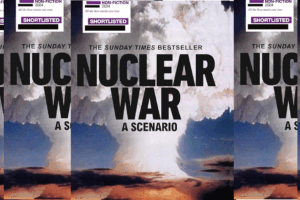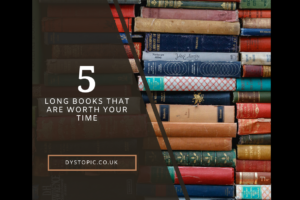There has been a growing interest in the minimalism movement recently. Although some minimalists follow specific guidelines, the general idea is to only hold on to possessions that are truly needed and to spend money on essential or much loved items. Many have cited Marie Kondo’s The Life-Changing Magic of Tidying, a self-help book that details simple methods to declutter one’s life, to be a significant inspiration for this new view on consumerism.
There are many benefits to this form of lifestyle, the majority of which being improvements to psychological and monetary health. Having fewer belongings would also make it much easier and quicker to gather up your things if there were a fire, flood or zombie apocalypse.
But are there any benefits beyond those that occur for the individual?
Obviously minimalism helps the environment significantly. Less stuff means less waste, which is and always will be an incredible burden on the planet. Also if there is less demand for things they will not be manufactured and less resources will be used up.
In my view, the most significant benefit of minimalism is that it highlights the negative aspects of fast consumerism. We are in an age where we want everything and we want it cheaper and quicker than ever before, but where do these things even come from? Who makes them? And where will it end up when it breaks or is no longer in fashion? I highly recommend watching the True Cost as it reveals the truth behind our cheap high-street clothing brands that we all shop in without a moment’s thought of the consequences.
Minimalism also reveals how much consumerism is a distraction from what we should to be passionate about. We are seemingly becoming more and more apathetic, an issue that is addressed in the article Is Consumerism Killing Our Creativity?.
Consumerism also makes us easier to control. We are less likely to question things if freebies are involved and many businesses use incentives to encourage customers to sign up for their services. How many customers factor in freebies when searching for a particular service, and how many more would choose a business for some sort of prize over a genuine money-saving deal?
Without the pressure and distraction of consumerism, we can really begin to see how absorbed we are with what we have rather than who we are. Perhaps strict minimalism is a little excessive, but the concept is definitely one to consider for a clearer mind, home and planet.



Leave a Reply